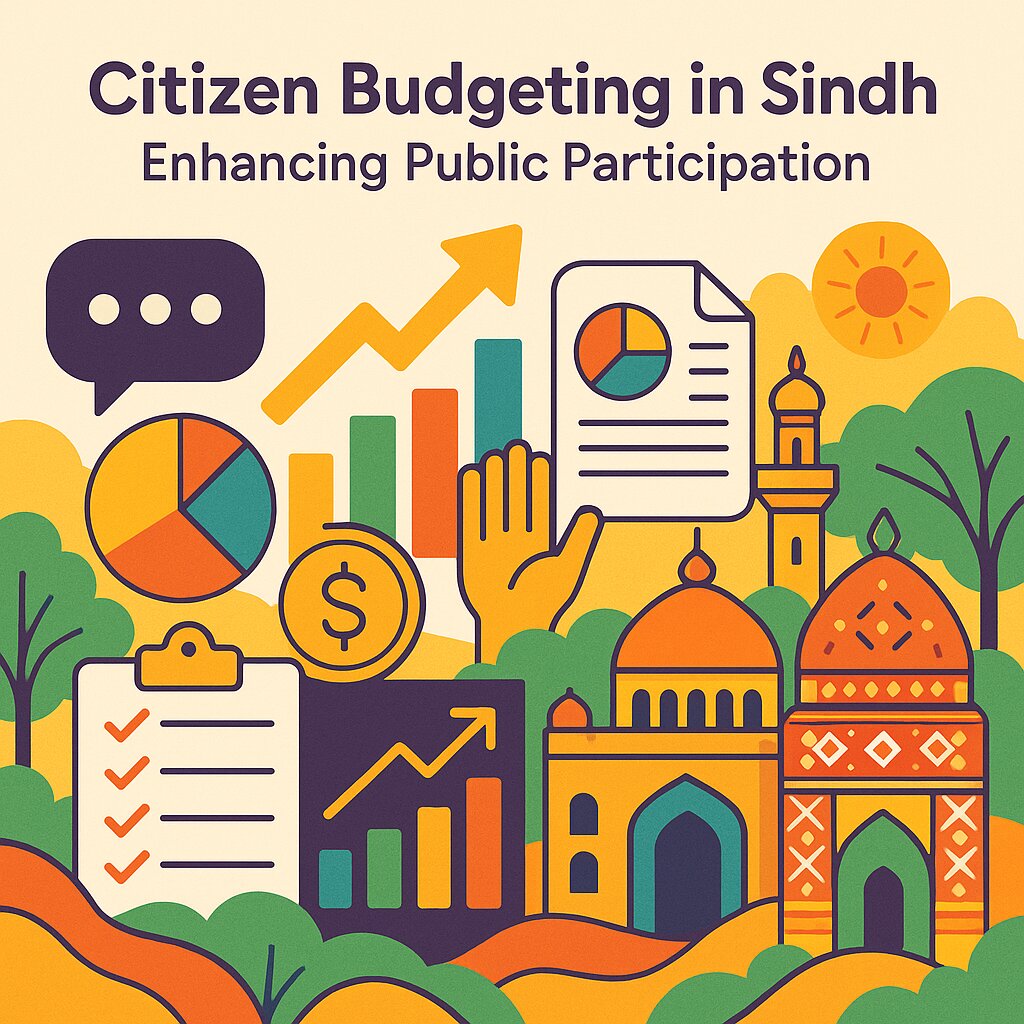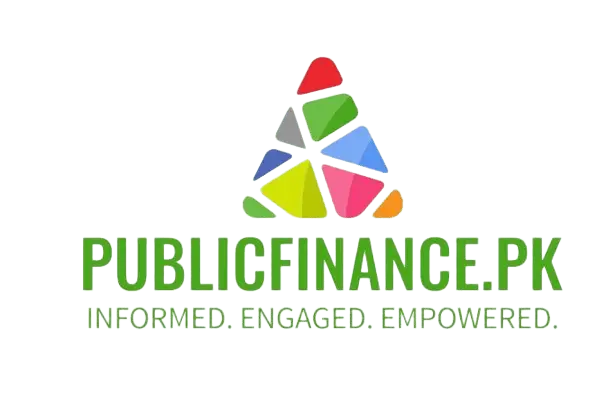
In recent years, Sindh has taken strides toward democratizing its fiscal processes through citizen budgeting initiatives, aiming to bridge the gap between public priorities and government spending. The introduction of mechanisms like the Citizen Budget Workshop underscores a commitment to inclusive governance, allowing residents to directly influence how provincial funds are allocated. As Pakistan’s second-largest province grapples with diverse needs—from urban infrastructure in Karachi to rural healthcare in Tharparkar—these participatory approaches offer a pathway to equitable resource distribution. By engaging citizens in budgetary decisions, Sindh seeks to enhance transparency, accountability, and trust in public institutions. However, the journey toward meaningful participation is fraught with challenges, including literacy barriers and institutional inertia. This article explores Sindh’s citizen-centric budgeting model, its achievements, and the hurdles in fostering genuine public engagement.
The Citizen Budget Workshop: Bridging Policy and Public Voice
Launched in 2021 by the Sindh Finance Department, the Citizen Budget Workshop convenes residents, civil society organizations (CSOs), and policymakers to debate budget priorities. Held annually before the provincial budget announcement, these workshops span all 30 districts, with over 5,000 participants in 2023—a 40% increase from 2022. Key features include:
- Participatory Consultations: Sector-specific forums on education, health, and infrastructure.
- Digital Feedback Integration: Mobile apps and SMS surveys collect input from remote areas.
- Real-Time Data Dashboards: Displaying historical allocations and project outcomes to inform discussions.
In 2023, 72% of workshop recommendations focused on healthcare and water sanitation, leading to a 15% rise in allocations for rural clinics and filtration plants. Karachi’s participants prioritized public transport, resulting in a Rs. 12 billion injection into the Bus Rapid Transit (BRT) network.
Impact on Resource Allocation: From Input to Action
Citizen engagement has visibly shifted Sindh’s fiscal priorities. Post-workshop budgets now reflect grassroots demands:
| Sector | Pre-2021 Allocation | 2023–24 Allocation | Change |
|---|---|---|---|
| Rural Healthcare | Rs. 18 billion | Rs. 27 billion | +50% |
| Urban Transport | Rs. 8 billion | Rs. 20 billion | +150% |
| Education (Girls) | Rs. 6 billion | Rs. 10 billion | +67% |
The Thar Empowerment Program, a direct outcome of 2022 workshops, allocated Rs. 4.5 billion to drought relief and solar-powered water schemes, benefiting 200,000 households. Similarly, Hyderabad’s wastewater treatment project, stalled for a decade, secured funding after residents highlighted pollution-related health crises.
Challenges: Participation Gaps and Institutional Resistance
Despite progress, barriers persist:
- Literacy and Accessibility: Only 32% of rural participants in 2023 were women, reflecting cultural and educational constraints.
- Delayed Implementation: 30% of citizen-proposed projects in 2022 faced bureaucratic delays, eroding trust.
- Data Transparency: Limited access to real-time expenditure data hampers informed feedback.
A 2023 survey by the Sindh Governance Forum revealed that 55% of citizens felt their input had “limited impact” on final budgets, citing opaque decision-making processes.
Strengthening the Model: Technology and Capacity Building
To address these gaps, Sindh is adopting innovative strategies:
- AI-Powered Analytics: Tools to analyze public feedback and predict sectoral demands.
- Community Ambassadors: Training local leaders, especially women, to bridge communication gaps.
- Open Budget Portal: Launched in 2023, this platform tracks fund utilization across 1,200 projects, with 45,000 monthly users.
Partnerships with NGOs like UNICEF and the Asia Foundation have bolstered technical assistance, while the World Bank’s $100 million grant supports digital infrastructure in remote districts.
Toward Inclusive Fiscal Democracy
Sindh’s citizen budgeting experiments mark a paradigm shift in Pakistani governance, demonstrating that public participation can align policies with lived realities. While hurdles like uneven engagement and institutional resistance remain, the province’s iterative approach—learning from feedback and scaling tech-driven solutions—offers a replicable model. For citizen budgeting to mature, sustained political will, civic education, and robust accountability mechanisms are essential. As Sindh refines this process, it sets a precedent for participatory democracy in regions where fiscal decisions have long been top-down.
This article was published on PublicFinance.pk.
